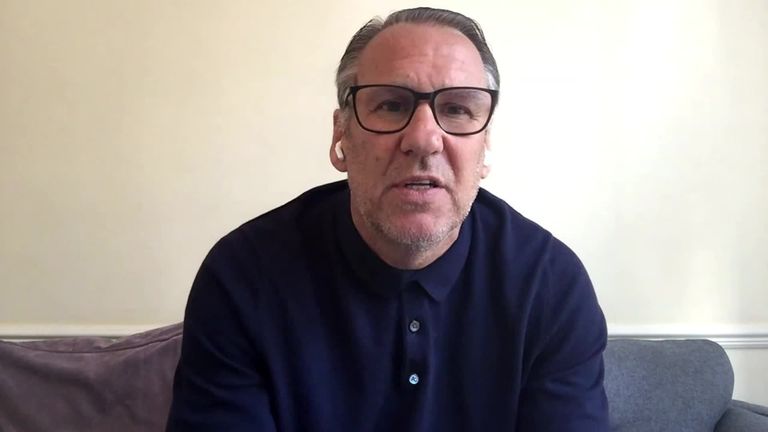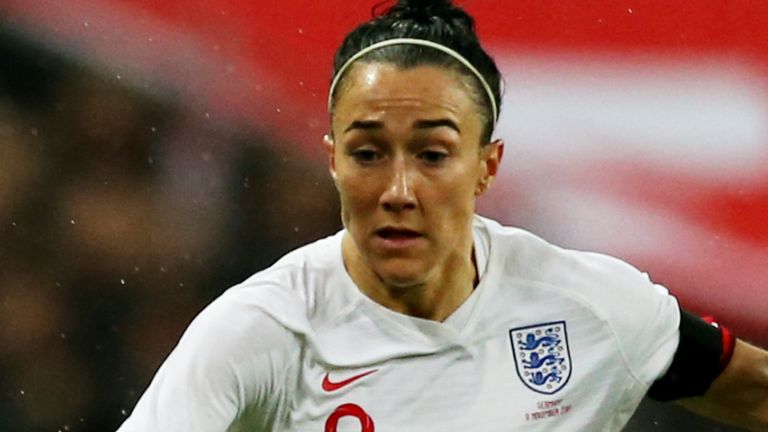Percentage of footballers reporting depression symptoms doubles, FIFPRO study finds
Lucy Bronze, England defender and FIFPRO global player council member, said: "It’s a worrying time for everyone, and in terms of jobs security, many footballers are in a precarious position"
Wednesday 22 April 2020 08:02, UK
The percentage of footballers reporting symptoms of depression has doubled since strict measures were introduced to limit the spread of coronavirus, a study by world players' union FIFPRO has found.
Twenty-two per cent of female players and 13 per cent of male players surveyed reported symptoms consistent with depression when questioned between March 22 and April 14.
These figures compared to 11 per cent and six per cent when the same questions were put to a smaller, different group in December 2019 and January 2020.
FIFPRO general secretary Jonas Baer-Hoffmann said: "We're very conscious that what we're looking at here is a reflection of a problem in broader society that affects many, many more people than our members.
"The average contract length in football is under two years. We have many young adults, many of them living in foreign countries without their immediate or extended families being present for them.
"Many of them are incredibly dependent on their physical footballing skills in order to make a living. Many of them are not prepared for what would come after."
FIFPRO gathered data from 1,602 players from 16 countries, including England, Ireland and Scotland, in a period between March 22 and April 14.
This was compared to data from December 2019 and January 2020 gathered from 307 players in seven of those countries, prior to the introduction of strict social distancing measures.
FIFPRO's chief medical officer Dr Vincent Gouttebarge insisted the findings were "still valid" despite the difference in sample size.
"I am very confident of the validity of the data that we gathered," Gouttebarge said.
"The instruments we used in December and January are the same as those that we used in March and April, and do give us the possibility to make a valid comparison."
The study in March and April found that more than 75 per cent felt they had access to sufficient resources and support for their mental health.
Many national unions, including the Professional Footballers' Association in England, operate dedicated helplines for their members offering counselling and guidance on mental health issues.
England and Lyon defender Lucy Bronze, a member of FIFPRO's global player council, said: "It's a worrying time for everyone, and in terms of jobs security, many footballers are in a precarious position.
"If you are having a tough time mentally about your health or your job, speak with a person you trust, or a mental health professional. It's important not to keep your feelings bottled up. It really helps to share them with someone."
'Environment must be safe for players before football returns'
- Null and voiding season 'never discussed' by PL clubs
- Analysis: How Premier League restart might work
Even though financial uncertainty is playing a part in the problems footballers are facing, Baer-Hoffmann rejected the idea that restarting football as soon as possible was the solution.
"We can only provide relief of these stresses if we are able to restart football in a safe environment," he said.
"If we were to pressure players back into an environment where they may feel their health and their safety is being put in danger, then that would add to their anxiety and concern."




